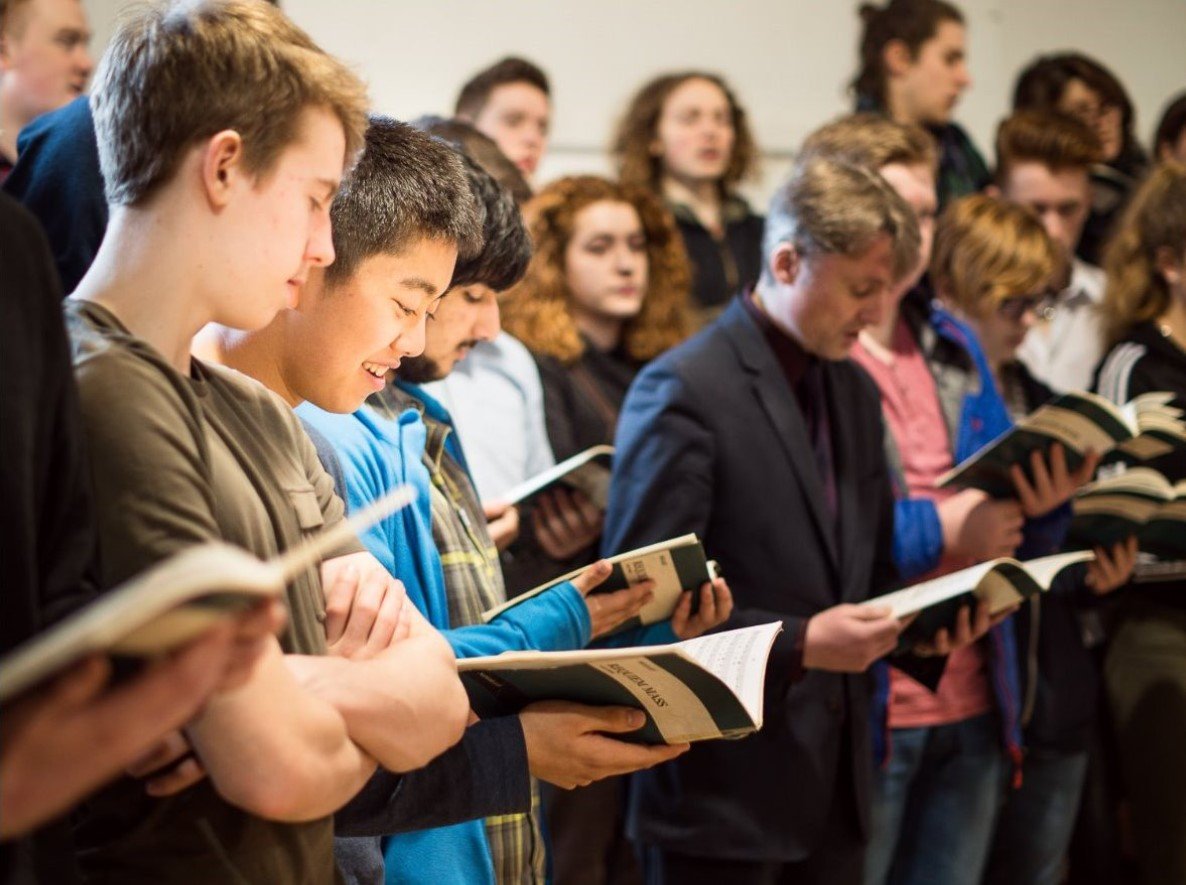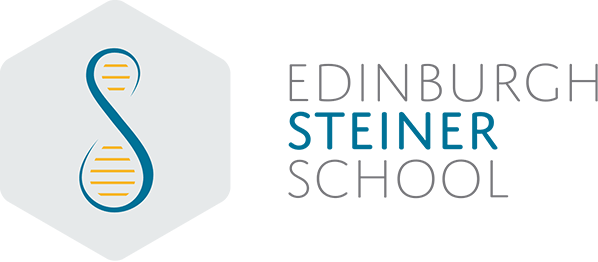A Steiner Education

A Unique Education
Based upon the principles of the internationally recognised Steiner Waldorf curriculum, our aim is to develop responsible, free-thinking young people who can contribute to society with initiative and purpose.
Steiner described his ideal of a comprehensive education as one that encompasses everyone regardless of of social or religious background. The basis of this ‘art of education’ was – and still is – a deep understanding of the physical, emotional , intellectual and spiritual needs of the developing human being.
The philosophy (Anthroposophy) behind the education can be applied to all walks of life and it is out of this that the teachers work. The philosophy itself, however, is not taught to the children.
From Kindergarten to the final year (Class 12) subject matter is linked to a child’s developmental stage, which both inspires and motivates the pupils. Teachers teach to the whole child – and each lesson is revealed in a three-fold manner: through the intellectual capacities (thinking), artistic and emotional capacities (feeling), and practical skill-building capacities (willing). All subjects are linked, and each lesson integrates academic work with fine arts and practical arts, so that a child is not only intellectually engaged, but emotionally and aesthetically invested in their learning.
This holistic approach to education, something which Curriculum for Excellence is striving to achieve, provides our pupils with a number of key benefits.

Key Benefits
A Love of Learning
Formal learning (desk based learning) is delayed until the age of six or seven years allowing pupils to develop literacy, numeracy and social skills through play-based learning in the Kindergarten. When they enter the Lower School, our pupils are ready to embrace formal learning. Classes are therefore arranged in Class Ages which differ from other schools.
A Curriculum that Spans 12 years
Secondary education flows naturally from what has been taught before, and with the school located in the beautiful grounds of one single campus, the transition between the Lower School and Upper School is seamless.
Development of Skills for the Twenty-First Century
The curriculum addresses all the multiple intelligences, including emotional literacy and kinesthetic learning, while bringing into balance the attributes of the right and left hemispheres of the brain. This develops analytical, logical and reasoning skills as education has always done, but also focuses on the development of imagination, creativity, memory and flexible thinking – skills highly prized in today’s society.
A Broad Understanding of the World
Unique to Steiner Schools, Main Lessons are topic blocks which are studied daily for up to two hours over four weeks. Main Lessons link subject matter to the phases of child development, which motivates and inspires a love of learning. Using cross-subject learning, Main Lessons create a deep, rich and broad appreciation for the topic being studied and enables our pupils to develop a broader understanding of the world in which we live.
Creating International Citizens
We understand the importance of becoming responsible global citizens and French and German are taught from the age of six years. At the age of 14 years pupils undertake an extended exchange programme with Steiner Schools in France and Germany. The school community also benefits from the many visiting students who attend from all over the world.
Rudolf Steiner
“Good education creates space where children can truly experience their childhood. A true experience of childhood fosters creativity and independence in adult life.”
History of Waldorf Education
In September 1919 the first Waldorf school was established for the children of workers at the Waldorf-Astoria Cigarette Company by Rudolf Steiner at the behest of the owners Emil and Berta Molt. Today there are over 1,100 Waldorf schools and 2,000 kindergartens around the world. Founded in 1939, Edinburgh Steiner School is proud to be part of this international network of schools, providing a curriculum which is as innovative and relevant as it was nearly 100 years ago.
Visit Us
Book to join an Open Tour. Alternatively, meet our Interim Head of School, Nick Brett / Education Manager, Alistair Pugh who will be happy to walk you around our all-through campus.






